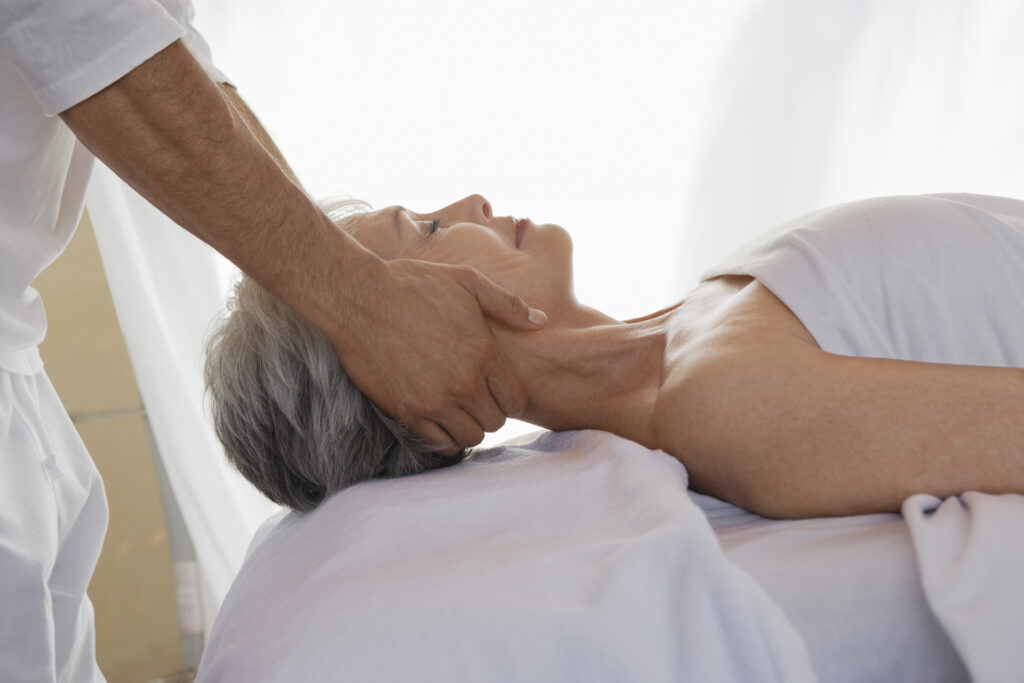It’s not unusual for people with cancer to look to complementary or alternative therapies. There are some important things to know before you do.
The difference between complementary and alternative therapies
People often assume these are the same thing. But there are very important differences.
Complementary therapies
- are used alongside your regular medical treatment
- aim to help you feel better, rather than treat your cancer
- will never claim that they can treat or cure you
The therapist will be happy for you to discuss your therapy with your doctor. The therapy is usually focussed on relaxing you and helping you cope better with any symptoms or side effects you may have. Examples of complementary therapies including aromatherapy, massage and meditation.
Alternative therapies
- are usually promoted instead of regular medical treatment
- will often make false claims about treating or curing cancer with no evidence to back them up
- may have harmful side effects or be otherwise unsafe
Alternative therapists may tell you that conventional treatment for cancer doesn’t work or that their therapy has cured other cases of cancer. Sometimes people mean well and are just misguided. Others are unscrupulous and exploiting vulnerable people for money. Some even put fake research evidence on their websites. Examples of alternative therapies include shark cartilage, laetrile and Essiac.
What your doctor needs to know
Your doctor will always want to know about other types of therapies you’re having. You particularly need to tell them if you are on any regular medicines and are taking herbal remedies, doses of vitamins or dietary supplements.
We’re finding out more all the time about how drugs can interact. Some herbal remedies and vitamins can interfere with how a medicine works or is processed by the body. For instance, it may stop it from working so well or effectively increase the dose by stopping it being broken down.
You should also ask your doctor about having massages if you have any problems with bleeding or blood clotting, or if you have cancer in your bones. Gentle massage is probably fine, but it’s best to check. Do also tell your therapist.
How to find a complementary therapist
The best way to find a therapist is through someone or somewhere you know. Cancer centres often have lists of therapists nearby, as do cancer support groups. Some cancer centres now offer complementary therapy services.
If you look for a therapist privately, do check out their qualifications. Ideally they should be registered with a professional body, such as the Complementary and Natural Healthcare Council, who run a ‘find a practitioner search’ on their website.
As with counselling, don’t feel you have to stay with the first therapist you try. People don’t always click and if it doesn’t feel right, you won’t get the full benefit. Equally, you don’t have to keep going if you don’t feel it’s helping.
Content last reviewed: October 2022
Next review date: October 2025

